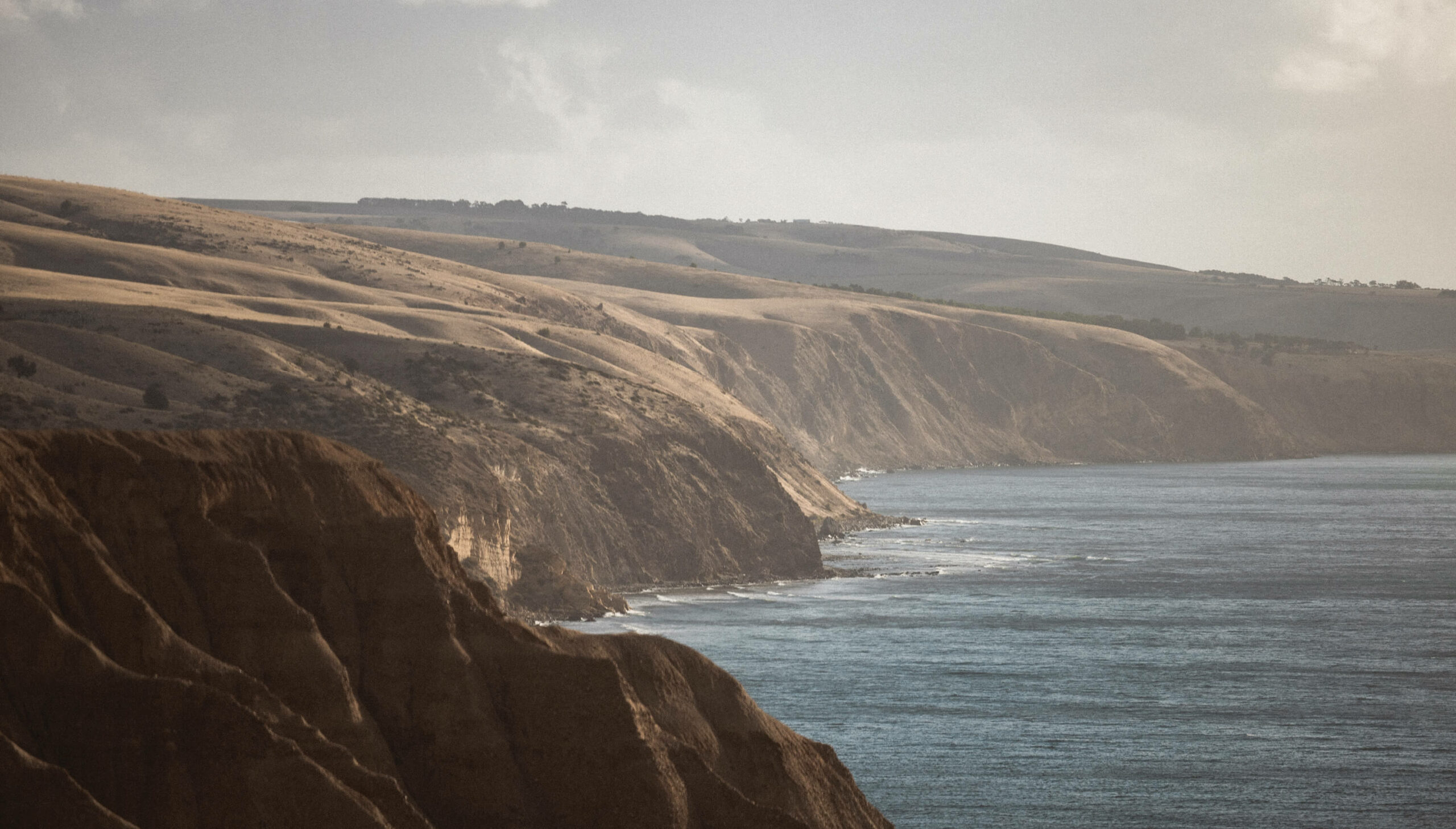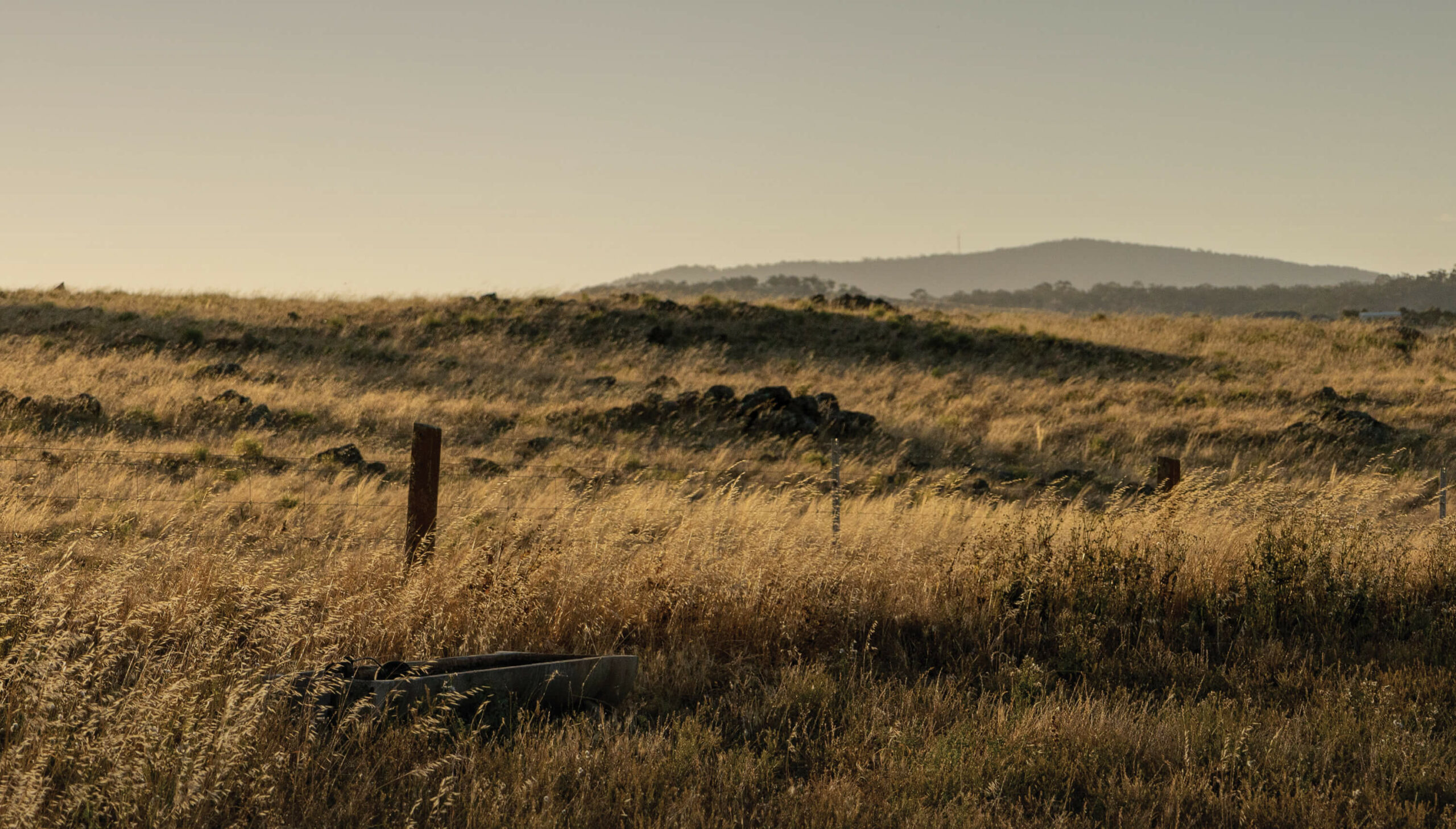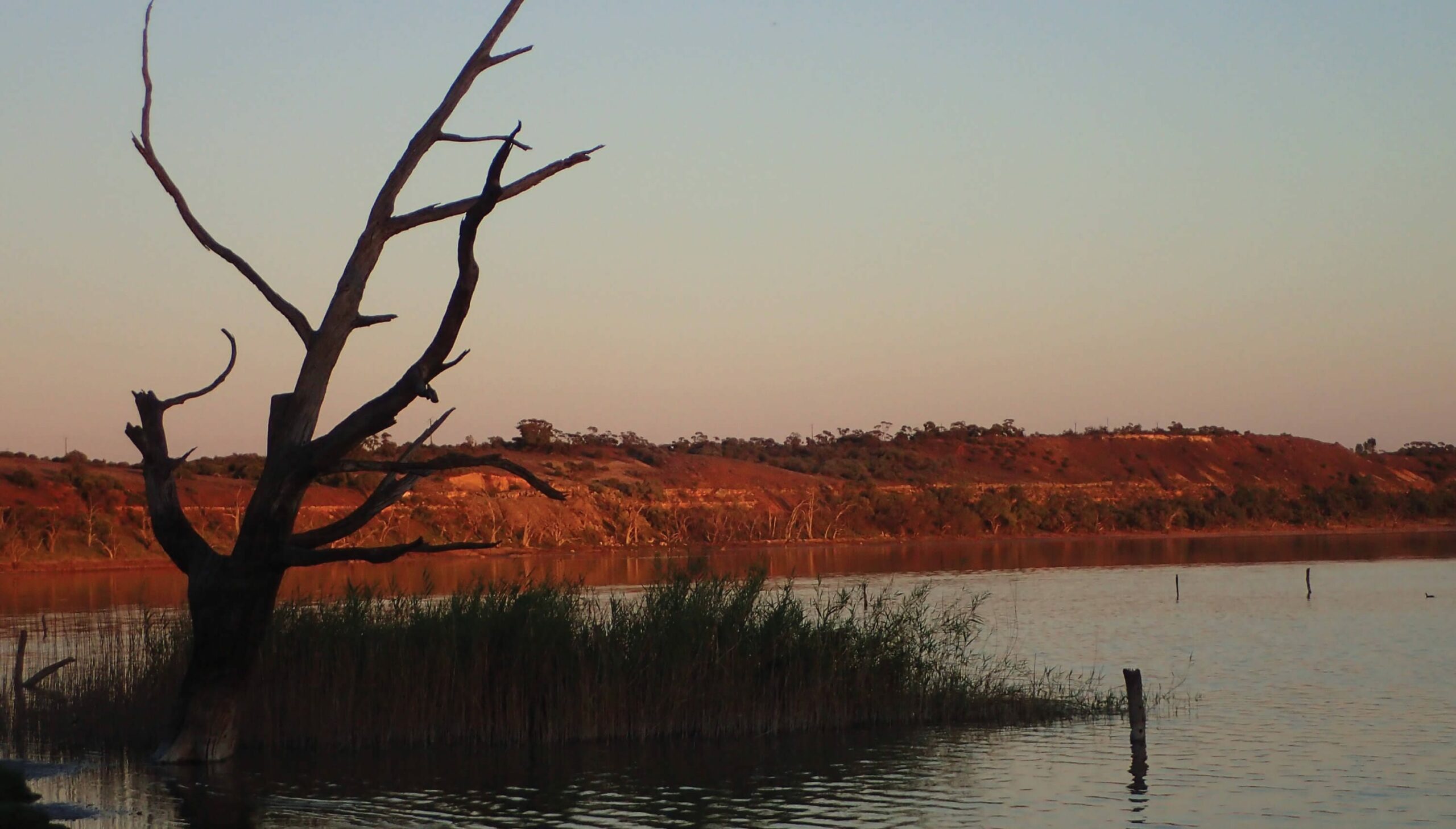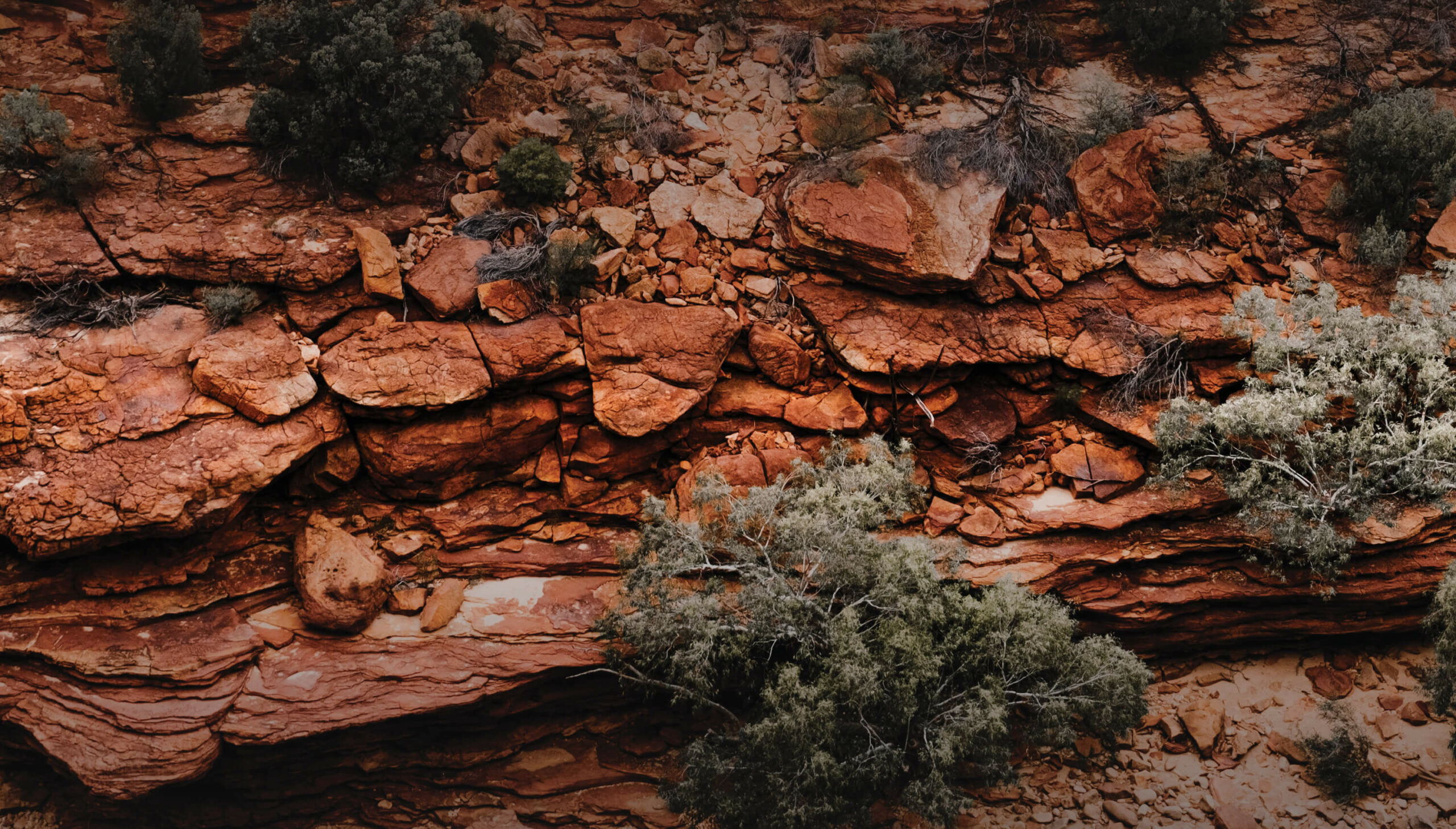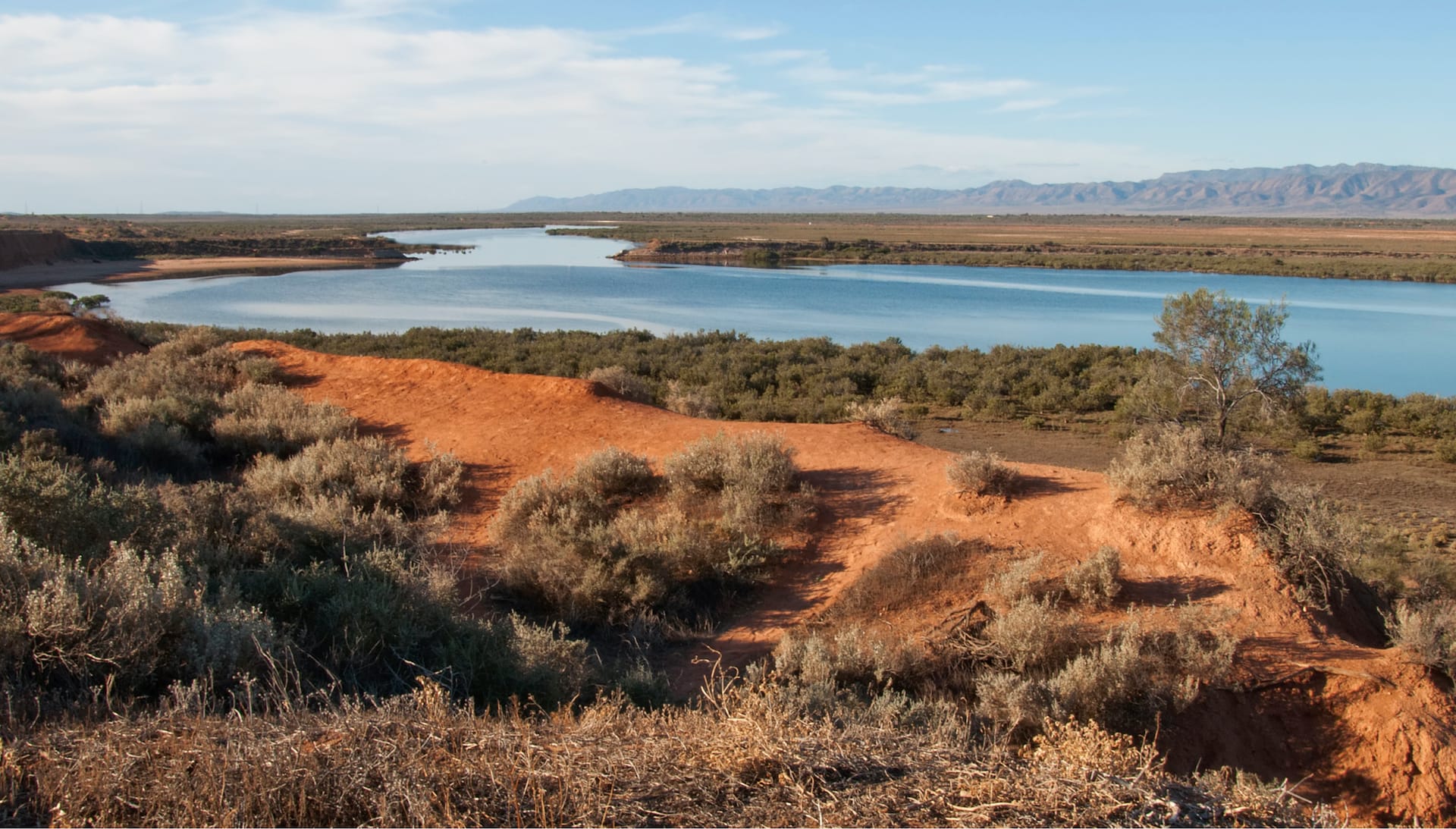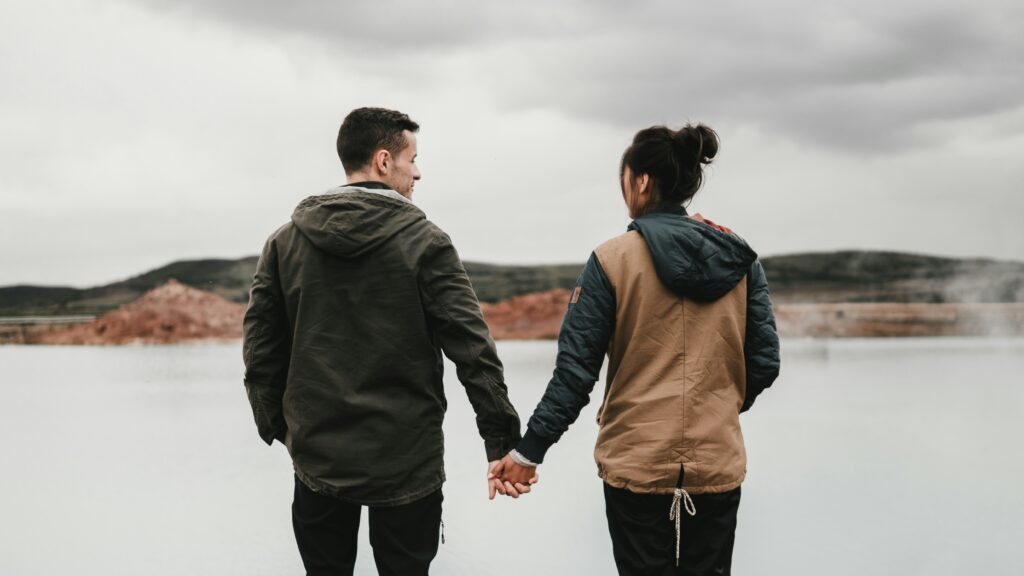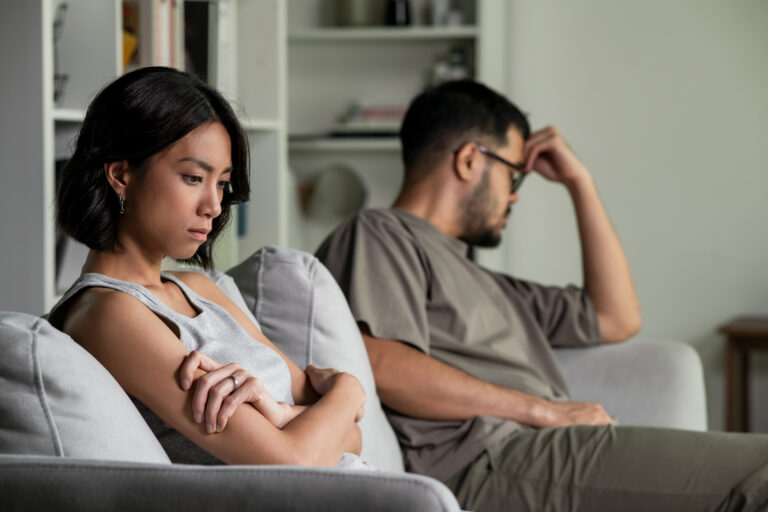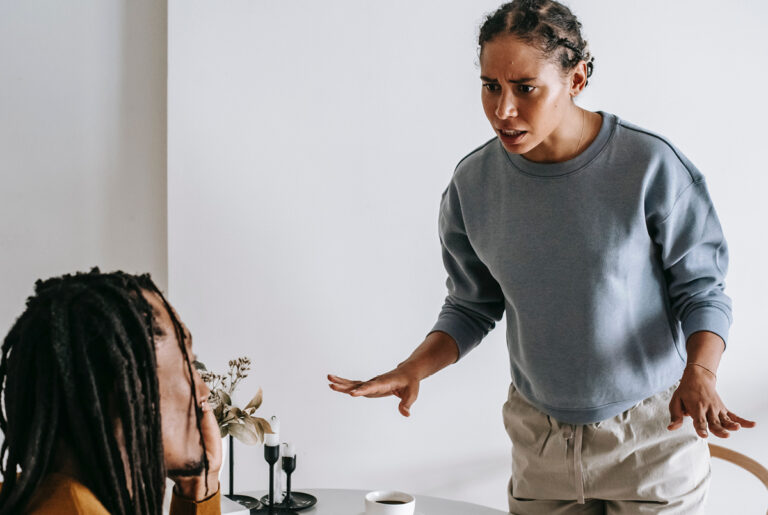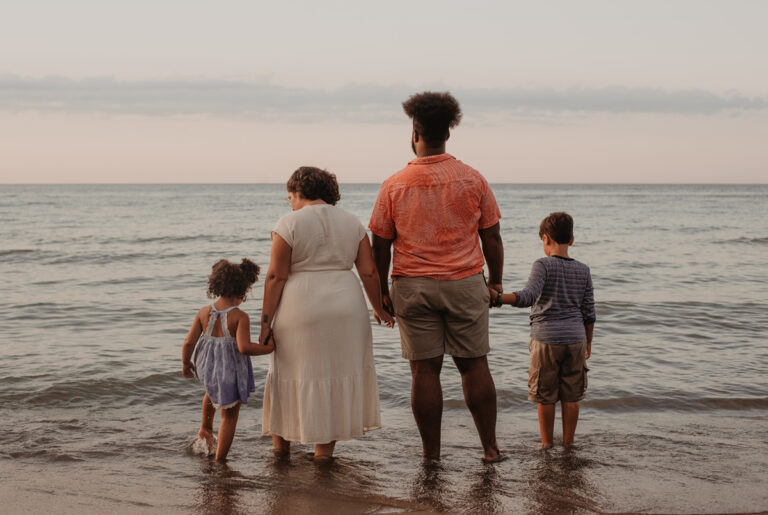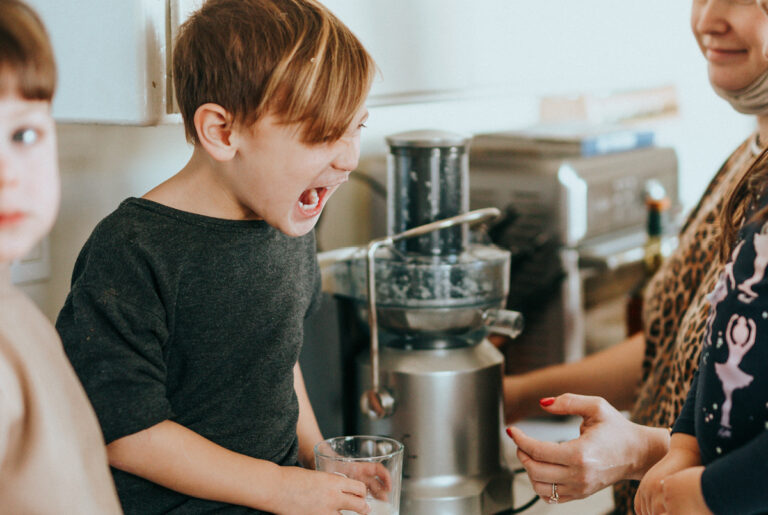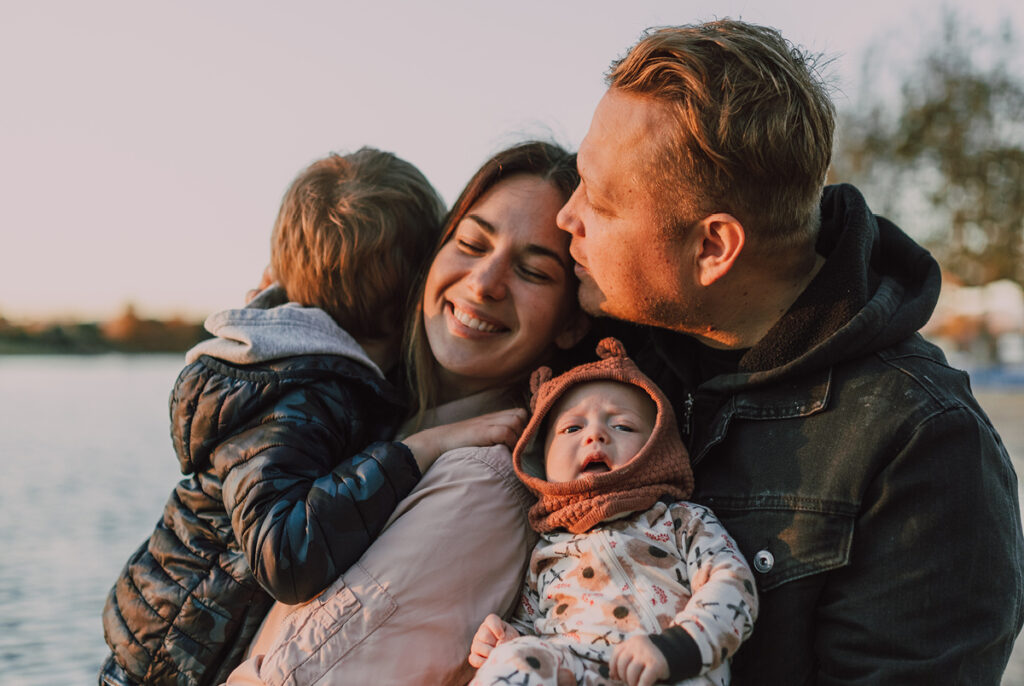Overview
Who It's For
Couples who have been together for at least 18 months, who want to invest in a stronger and richer connection.
All genders, sexualities and cultural backgrounds are welcome.
How We Help
Our experienced facilitators will support couples to build communication and trust, understand the expectations and roles in their relationships, manage conflict, and maintain a connection.
What to Expect
Our facilitators will encourage structured discussions and activities and will provide educational resources to help participants navigate their relationship challenges.
Program
90 minute sessions weekly for six weeks.
This workshop typically occurs four times a year.
Price
$150 per couple
Delivery Options
This is an online group workshop.
What you’ll learn
The Building Better Relationships Group Workshop, will support you and your partner to:
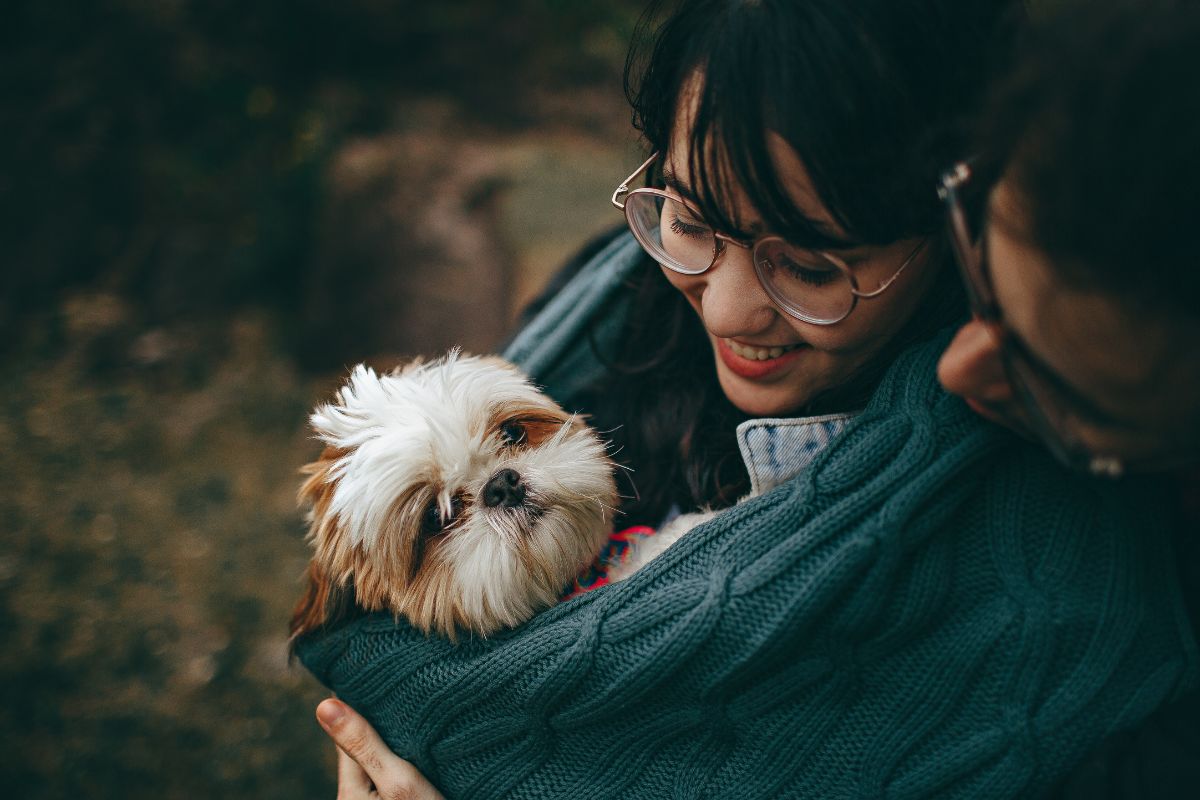
“I’m feeling more in control and happier in general in my life and relationship.”
- Previous Building Better Relationships Participant
How to Enrol
Enquiry Form
Complete the enquiry form below.
Phone Call
Our team will call you for a short, private conversation to determine if the program is right for you.
Booking
If it’s a good fit, we’ll book you into the next available group.
Waitlist
If our upcoming program is full, we’ll place you on our waitlist and contact you as soon as we have availability in another group.
